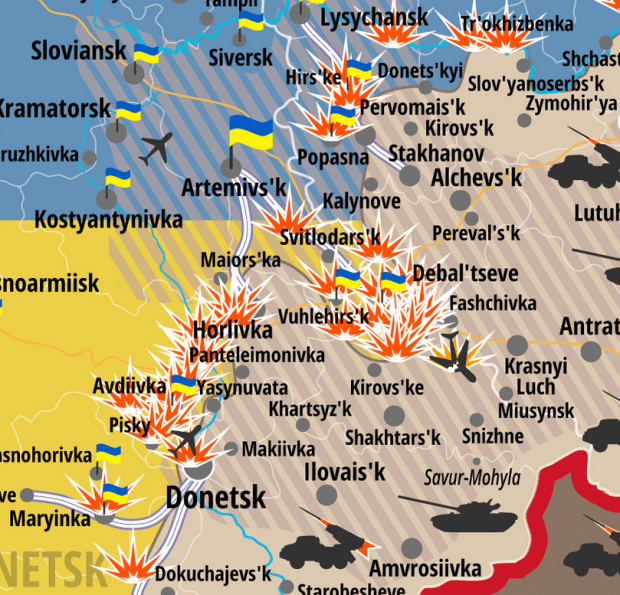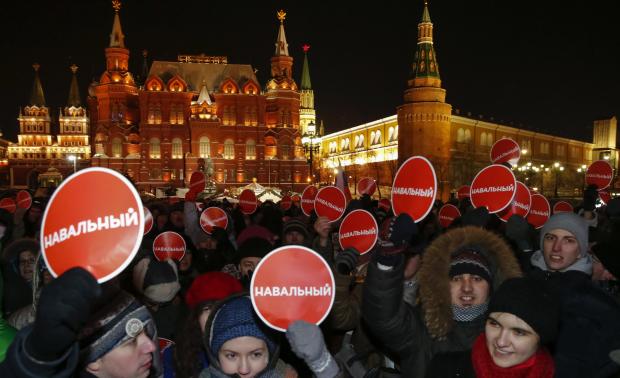Tomasz Grzywaczewski: ‘Our Nations Should Stay in Close Alliance’
03.02.2015How did perception of Ukraine change in Poland over the last year? What may be a geopolitical explanation for Russian traditional imperialism and ‘eastern way of life’? A task of building a ‘normally functioning’ state in Ukraine – why is it so important? On this and more the NEWSSKY talks with Tomasz Grzywaczewski, a Polish journalist, researcher, author and traveler.
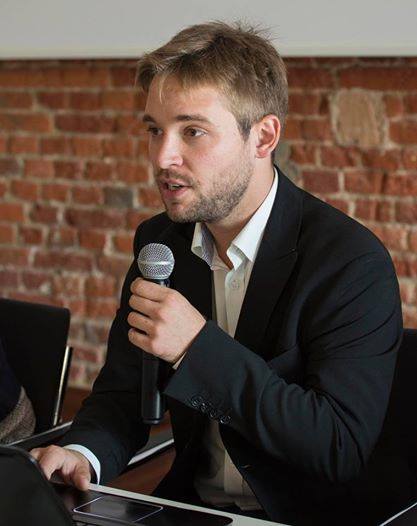 Tomasz, you are seemingly often travelling East — how different you find it, compared to your home country, Poland?
Tomasz, you are seemingly often travelling East — how different you find it, compared to your home country, Poland?
This is an extremely difficult question. The East is a vast word. There is Ukraine, there is European part of Russia, Ural mountain range, Siberia, Russian Far East. There are grasslands of Mongolia and Central Asia. Finally, Poland from the let’s say French perspective is very much East J
But let’s say that East in terms of common people is great due to its hospitality and kindness. But East is also an Empire. A political concept of strong power, which can rule over and control different people and cultures. And this concept is very frightening and unfamiliar for me as a Polish man. I am pretty sure that strong affection for freedom is vested into Polish ‘genotype’. And this affection was the reason for the rise and spectacular decay of our state in past centuries.
But I have the feeling that these problems are actually affecting our thinking about East. Very often we say we love common people and – at least dislike – authorities. I think it is due to freedom-mindedness: East with its enormous spaces and wilderness is “free” (like famous Wild Fields), but on the other hand it is also enslaved by the shadow of the Empire.
For you, Ukraine is actually just around the corner — do you think that Ukraine has somewhat changed over the last year?
I strongly believe that Ukrainian people have made a real long walk from homo sovieticus and post-soviet mentality (which was also common in Poland) to the pro-democratic revolution which has shaken your state and the whole Europe in the last year.
The following resistance of Ukraine against Russian pressure must have surprised Kremlin. It has seriously hampered its plans of fast seizure of the eastern part of your country or at least freezing the conflict in Donbas (giving the firm foundations for new quasi-states similar to South Ossetia or Transnistria). This situation is a benchmark, portraying a huge change of Ukrainian society, and I suppose it was the most shocking for Putin. He just did not envisage that actually a lot of Ukrainians are already citizens, not servants. This is your great victory.
However, there is still enormous work that you will have to do in order to become a normally-functioning state. But the good sign is that at least until today Ukrainians seem to be ready for hard work and austerity to re-build their homeland. The memory about the failure of Orange Revolution and also about Polish problems in 90’s might be a good beacon, which path is not to follow.
It seems, now, that Poles and Ukrainians are somehow most close nations in Eastern Europe –why is that?
Our common history is undoubtedly very complicated and full of mutual distrust. From the Polish point of view the most important issue is the commemorating the victims of Wolyn massacre. And this extremely painful historic event is nowadays argued by some of political fractions as grounds for not supporting Ukrainians.
However, most Poles are definitely for Ukrainian freedom and against Russian aggression. I wholeheartedly believe that this is the right direction and our nations should stay in close alliance. The justification is simple. Paraphrasing the famous words of Henry John Temple, 3rd Viscount Palmerston: ‘Poland has no eternal allies, and Poland has no perpetual enemies’. Our interests are eternal and perpetual, and those interests it is our duty to follow.
I deeply believe that interests of Poland and Ukraine are common, due to our geopolitical position, historical experiences with neighboring countries and last but not least: our affection of freedom.
There is still a great job to overcome mutual resentments but the pure political realism clearly shows that we shall tightly cooperate.
How has it happened, that Poland — years ago so nervous about, say, farming, within EU, is now one of the most prosperous EU member states (or, maybe, this is an exaggeration?)
I think we should be quite cautious when evaluating the 25 years of Polish independence. There are no doubts that my country has made a great progress in almost all spheres of public life – judicial system, infrastructure, growth, internal and external security.
It is a different country from the one in the year 1989.
Although, my personal opinion is that the extremely optimistic picture shown in different media in respect to membership of Poland in EU is not always the true one. I can just briefly point out two matters which are, to my mind, most distressing:
- Very high rate of emigration – the opening of labor market enabled Poles to move to other European countries in search for better job opportunities. On the one hand, it seems very beneficial. But in fact Poland is losing thousands of people each year. And they are not only blue-collars, but also well-educated specialists e.g. engineers or physicians. They are leaving Poland, because they do not see possibilities to monetize their skills and abilities here. This problem especially regards young people. A lot of them even in secondary school already plan to leave the country after graduating from university. It has a direct effect on our social care system, which is perceived as very ineffective and fragile.
- The artificial supporting of economy through EU donations – Poland is getting huge financial support from EU budget. Of course, these resources have helped to transform the country, but the question remains if Polish rate of dependency from this money is not too high in comparison to the real efficiency of our economy. I am afraid that when the stream of European money will dry out (in 2020), we might find our economy not competitive enough to face challenges of modern world.
Summarizing, it seems that short-time benefits stemming from our membership in EU are profound and have supported us in the transitional period. However it must be stressed that long-term perspectives are much more difficult to evaluate, especially taking into consideration the vague future of EU. That is why in my opinion Poland should not only rely on EU financial instruments but rather on the efficiency of its own economy and the cooperation with regional partners.
Where did you travel the farthest, and what is your interest with ‘twilight zones’, all sorts of splinter-away territories, not recognized diplomatically?
I have been travelling quite a lot across Siberia: Krasnoyarsk Krai (close to polar circle), Baikal Lake district, Buryatia and Yakutia and my journalistic interests focus on the former Soviet Union and the contemporary position of Russian Federation. I was trying also to document the faith of common people living in the wilderness of Syberia who have been confronted first with communism and after that with the chaos of first years after the collapse of USSR followed with the modern petro-capitalism.
However, my new challenge is to visit and prepare a book of reports about the unrecognized post-soviet quasi-states of Abkhazia, Southern Ossetia, Nagorno-Karabakh, Transnistria and newly-formed illegal entities of ‘Donetsk’ and ‘Lugansk Peoples Republics’. This is my aim for this year. I suppose this subject is of highest importance, because Kremlin is using the mechanism of secession in the name of self-determination, as the skeleton key to rebuild the Empire and change the global word order. This situation poses a new – though in fact old as imperial Russian – threat for the states of Central-Eastern Europe who would like to stay independent from political influences of Moscow.
These issues are also the topic of my PhD thesis, so I am planning to combine journalistic and scientific tasks, while travelling to above-mentioned areas.
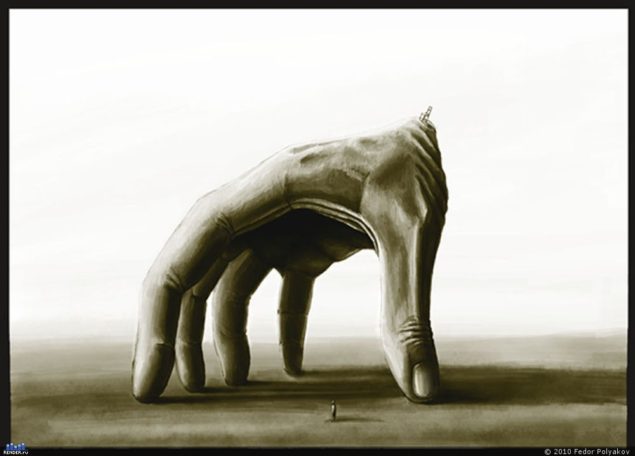 Actually, how is the conflict in the East of Ukraine portrayed in Polish media?
Actually, how is the conflict in the East of Ukraine portrayed in Polish media?
In general Polish media from the very beginning of EuroMaidan have been providing Polish audience with comprehensive coverage about the situation in Ukraine. Most of them were openly supporting the protesters and afterwards were against the Russian annexation of Crimea, separatists’ actions in Donbas and Russian aggression in Eastern Ukraine. Currently, a lot of Polish correspondents are broadcasting from this region, including the zone of direct military actions. One of the them – Bianka Zalewska, working for pro-democratic Belarusian Espresso TV has been seriously wounded while her car was gun-fired by separatists close to the Starobielsk city.
However, now I can observe the pending changes in the character of media relations regarding the situation in Eastern Ukraine. As the conflict has entered into a more stable phase there are less news and more reportage and analysis. There are also first books published about what happened in your country in 2014, together with publications trying to analyze the phenomenon of Russian new-era imperialism and “Putinism” itself.
Anyway I would like to stress that Polish public opinion is interested in Ukrainian crisis and not only experts but also common people are concerned about the future of Europe and the threat of Russian aggressive policy towards our part of the world.
And the last but not least — is it possible, in your view, that all historically Slavic nations will eventually come under EU and NATO umbrella?
I think it is extremely difficult to answer these questions. There are too many uncertainties to make reliable prediction in that matter. Despite the rise of Russian imperialistic trends there is also a serious discussion within the EU about the future of the Community. There are dozens of contentious issues amongst the member states and there is no consent about how EU shall function in next decades. Also the NATO is visibly not as effective and unanimous as it was during the Cold War.
Therefore, it is necessary, to my mind that countries of Central-Eastern Europe cooperate closely within the framework of informal regional forum due to our common geopolitical challenges and historical experiences.
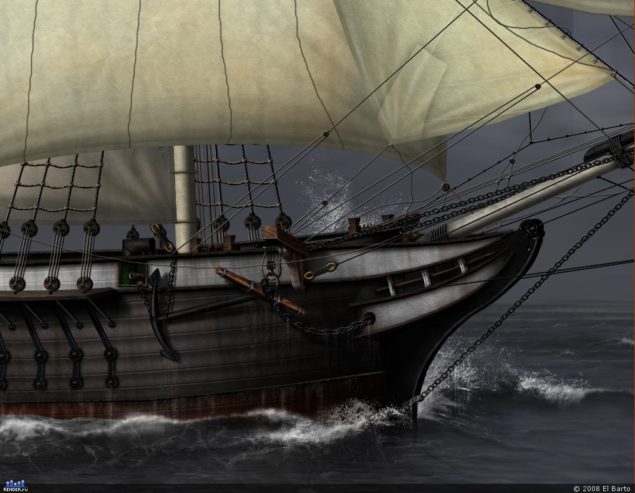 Tomasz Grzywaczewski is a journalist and PhD Candidate at the Chair of Public International Law, Faculty of Law and Administration, University of Lodz. His areas of interest include legal and geopolitical aspects of post-Soviet quasi-states. He is the author of the book “Across the Wild East”, which has been awarded with the “Magellan prize” for the best reportage of 2012. Member of the Polish Chapter of The Explorers Club. He can be contacted at: [email protected]
Tomasz Grzywaczewski is a journalist and PhD Candidate at the Chair of Public International Law, Faculty of Law and Administration, University of Lodz. His areas of interest include legal and geopolitical aspects of post-Soviet quasi-states. He is the author of the book “Across the Wild East”, which has been awarded with the “Magellan prize” for the best reportage of 2012. Member of the Polish Chapter of The Explorers Club. He can be contacted at: [email protected]
